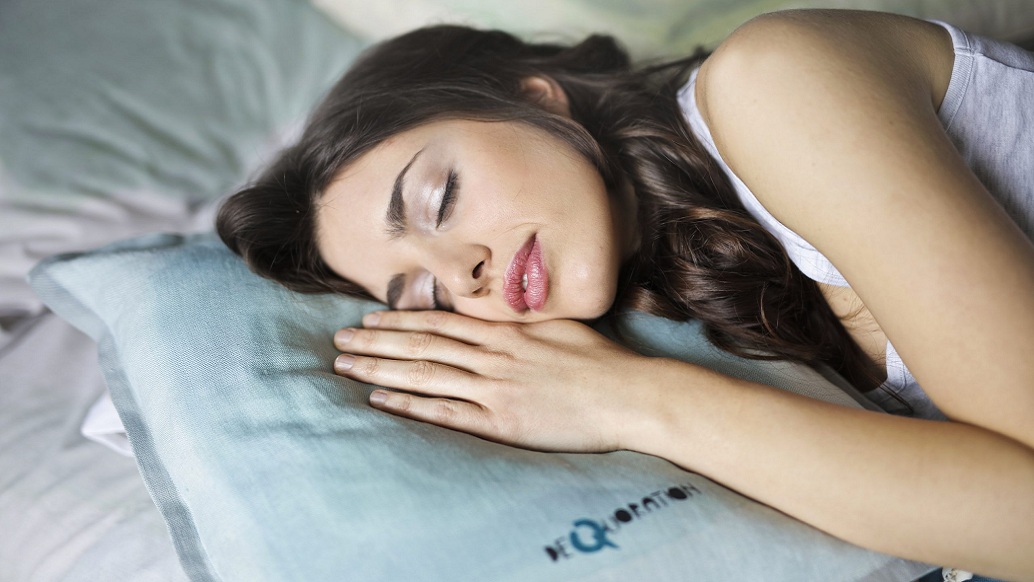Sleep is one of the most important aspects of health. Not getting enough sleep can lead to a host of problems like a weakened immune system, weight gain, and even memory loss. Many factors contribute to getting a good night’s rest, but one factor that is often overlooked is your diet. In fact, a study published by Frontiers found that certain foods and eating patterns are associated with either better sleep quality or worse sleep features.
With the growing body of evidence that diet and sleep are linked, there is a need to examine the role of our food habits in our nighttime rest. Below are some diet approaches and the way they colour our sleep.
Excessive crash dieting
Instead of promoting your health, crash diets can actually hurt it because they deprive the body of essential nutrients. The human body needs nutrients from food to function properly. This includes getting a good night’s sleep. A study published by the Mediators of Inflammation found that nutrient deficiency, often a consequence of fad diets is associated with a higher risk of sleep disorders such as insomnia.
Therefore, the best approach to dieting is one that is personalised and focused on long-term results. The weight loss programmes at WeightWatchers demonstrate how there are no quick fixes to diets, and tailored plans that account for individual nutritional needs are the best way to achieve a healthy bodily condition. When your body gets the right amount of micro and macro-nutrients it needs, it can sustain longer and deeper slumber.
Eating too many saturated fats and sugars
Saturated fats and sugars may be the culprit if you’re struggling to fall asleep and stay asleep longer. Saturated fats have been shown to disrupt circadian rhythms by slowing down digestion and increasing insulin levels—which can cause you to feel restless at night. On the other hand, sugars can also cause blood sugar imbalances that lead to insomnia. Plus, sugar-laden foods are high in energy and will keep your body revved up long after you’ve gone to bed.
Instead of preparing red meat for dinner or cookies as a midnight snack, consider eating tryptophan-rich foods like turkey, cottage cheese, tuna, eggs, and soybeans instead. Tryptophan is an amino acid that converts into serotonin in the brain and helps promote rest and relaxation. Foods that contain tryptophan are also great sources of protein if you’re trying to lose weight or gain muscle mass.
Lacklustre beverage intake
Hydration is a pillar of overall nutrition, so much so that the NHS holds a yearly Nutrition and Hydration Week. In the same way our food choices affect our sleep, our beverage choices can also play a role in how we rest at night.
Stimulants like caffeine can make it harder for some people to fall asleep due to their effect on the central nervous system. Caffeine is found in many things we drink—from coffee to soda and energy drinks. It takes about four hours after drinking caffeinated beverages for their effects on your body to reach their peak, but caffeine-sensitive persons can still feel the effects even well into the night. Alcoholic beverages are one more thing to watch out for, as they’re known to disrupt sleep patterns. Although widely promoted as a nightcap, alcohol can actually keep you from getting a night of deep sleep. To stay on the safe side, it’s best to stay hydrated with water and avoid alcoholic and caffeinated beverages at least six hours before your bedtime.
As much as we’d like to think that a good night’s rest begins and ends with a good pillow, the truth is that other factors can affect the quality of our sleep. If you’re feeling tired and restless at night, it’s worth considering your diet and making sure it’s conducive to slumber.
For more features on holistic health, visit us here at Acubody Therapies.

 by admin
by admin 1 December 2022
1 December 2022 






